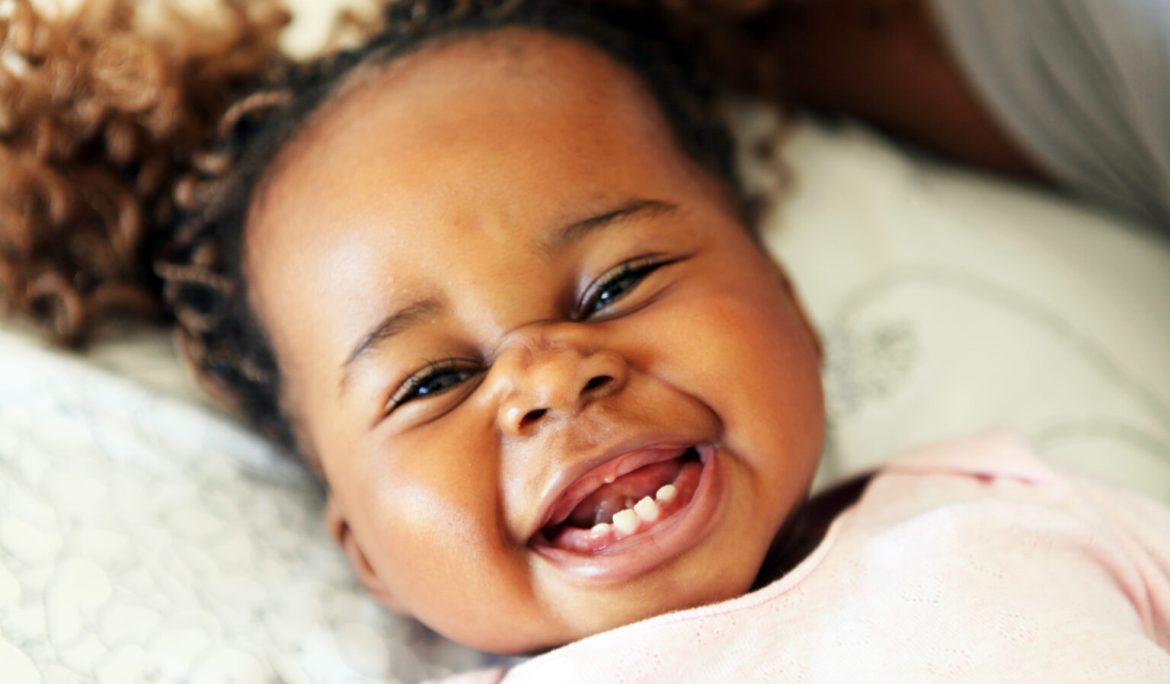How to Take Care of Your Baby’s Teeth
In our last post we covered talked about when baby teeth erupt and are shed. If you do not take care of your baby’s teeth however, they may lose them very early in life. In this post we are going to talk about how to take care of your baby’s teeth so that they are not lost before their time.
What is the importance of taking care of baby teeth?
It maintains space for the permanent successor teeth
Your child is able to articulate words properly thus clear speech
Your child is able to eat well since missing or decayed teeth make it difficult to chew
The face maintains a normal appearance
The permanent teeth get a healthy start since decay and infection can cause damage to the permanent successors below them.
Caring for your baby’s gums
Care starts even before the teeth start appearing in the mouth. Caring for the gums washes off the plaque and bacteria which can damage the baby teeth as they come into the mouth. This care does not involve a toothbrush and toothpaste instead we do the following:
Get a soft piece of cloth or gauze
Moisten it
Gently wipe the surface of the gums at least twice a day especially after feeding or before bed.
Brushing your baby’s teeth
When do we advise you to switch to a toothbrush? When there are at least 4 teeth in a row in the mouth. In the meantime, before that happens, you should continue wiping them with a piece of soft cloth or gauze. How do you brush your child’s teeth?
Pick a good toothbrush with the following qualities: soft bristles so that it does not injure your baby’s gums, a small head so as to fit in the baby’s mouth, a large handle that is easy for them to handle.
Soak the toothbrush in warm water for a few minutes to soften the bristles even further
Pick a toothpaste designed for children as they are flavored with child pleasing tastes to encourage brushing.
Use toothpaste about the size of a grain of rice and gently brush all the surfaces of the teeth and the surface of the tongue.
Make sure they then rinse their mouth thoroughly and spit
Continue until they are old enough to hold the tooth brush then continue supervising the process until they can rinse and spit without assistance.
Be on the lookout for early signs of tooth decay, these usually present as white/brown spots or discolorations on the surface of pits and fissures that do not do away with toothbrushing.
When is it appropriate to start flossing teeth? When the child has all 20 teeth in the mouth. Initially, you should do it for them, then supervise before they can do it on their own. Click here to learn more about how to floss teeth.
Teething
This is the period of time when the teeth emerge into the mouth. It is very uncomfortable for the baby and they tend to cry a lot.
Other symptoms of teething include:
Drooling
Swollen gums
Mild fevers
How do you relieve teething pain?
Let the baby chew on a clean piece of cloth. It has to be very clean and large enough such that the baby cannot choke on it.
Gum rubbing: Wash your hands thoroughly then with a clean finger gently rub on the gum.
If symptoms persist visit us to learn more about pain relief during that period.
A child’s first dental visit
When should your baby’s first dental visit be? As early as possible. This is to allow the child to meet the dentist in a friendly way. The visits will be short and involve little treatment. The dentist is also able to :
Detect tooth decay early
Examine the bite and anomalies are corrected early.
Assess any bad habits that may affect the child’s teeth like thumb sucking or tongue thrusting
Assess developmental milestones
Advise on good oral hygiene habits, teething and proper nutrition.
When should children get their first dental x-ray?
There is no set time. Some have x-rays taken earlier in development e.g., those with developmental anomalies like cleft lips/palate or those who decay starts early. X-rays play an important role in diagnosis of conditions like tooth decay, seeing if teeth are in the jaw if their eruption is delayed etc.
What is the role of nutrition on your child’s teeth?
What a child eats affects their teeth e.g., carbohydrates, starch and sugars if they are not cleaned are often the cause of decay.
Some helpful tips on nutrition are:
Have fruits and vegetables as snacks instead of carbohydrates
Have sugary treats with meals rather as snacks
Never put your baby to sleep with a bottle of milk, juice
Offer your baby plain water instead of juices or sodas















